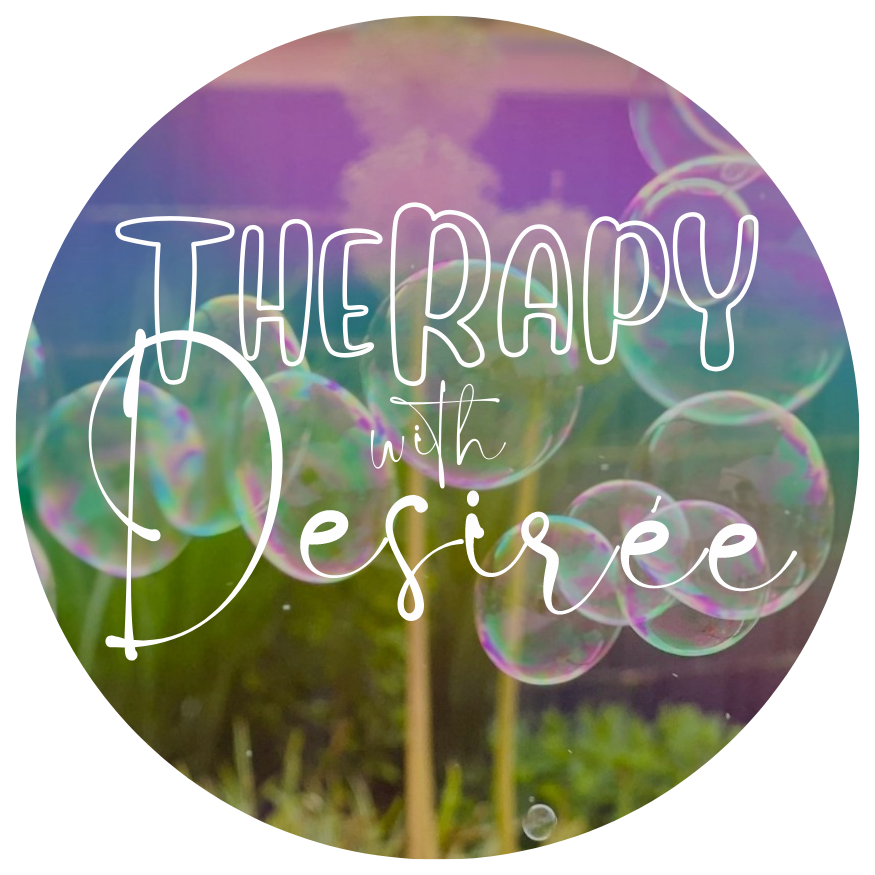C-PTSD + ADHD in Women
Have you ever had the feeling that the world was not quite designed with you in mind?
Maybe you felt as though you had to figure the world out for yourself and organized things a bit differently from everyone else. This feeling may be due to neurodiversity which is described by Harvard Medical School as “the idea that people experience and interact with the world around them in many different ways; there is no one "right" way of thinking, learning, and behaving, and differences are not viewed as deficits.” In the mental health field, neurodiversity more specifically is used to refer to organic brain differences in persons living with conditions such as Autism Spectrum Disorder, ADHD, OCD, C-PTSD, dyslexia, dyspraxia, dyscalcula and sensory processing disorder.
Many 90s kids, now somewhat-functioning-adults remember hearing about the ADHD boom in the 90s when it was all too often joked that “every kid would be diagnosed with ADD if assessed”. So many women are diagnosed with ADHD in adulthood, largely due to being socialized as female from birth. Gender being a construct aside, many adults assigned female at birth go on to receive conditioning and relational expectations of emotional labor that produce polite, people-pleasers who mind their manners, speak softly, act “ladylike” and obey their spouses.
Trauma or ADHD?
The harder question now is, how to differentiate the cognitive effects of trauma from those of ADHD. Doing so requires standardized neuropsychological testing by a PhD or MD level clinician. If enough markers for ADHD are not found, likely the phenomenon is due to what happens to the body when it endures chronic stress.
C-PTSD is a newly accepted diagnosis (read more here) to describe the mental state of individuals who have experienced ongoing trauma throughout their lives. Repeated or systemic trauma like poverty, racism, sexism, domestic violence, families of addiction, members of cult or cult-like communities, being unhoused, family or community abandonment, or other very hard situations can take years to de-couple from our nervous system, beliefs, behaviors and self-concept. Long-term elevated stress hormones and deficiencies interfere with normal brain development, as early as in-utero.
Because the work we will engage in is holistic in nature, taking your whole body and environment into account, trauma and thyroid conditions are highly correlated so make sure to have yours checked during your annual physical exam. Before any mental health diagnosis can be made, let’s see where your hormones and physical body are operating first as physical illness diagnoses sometimes mimic psychiatric and neurological conditions.

